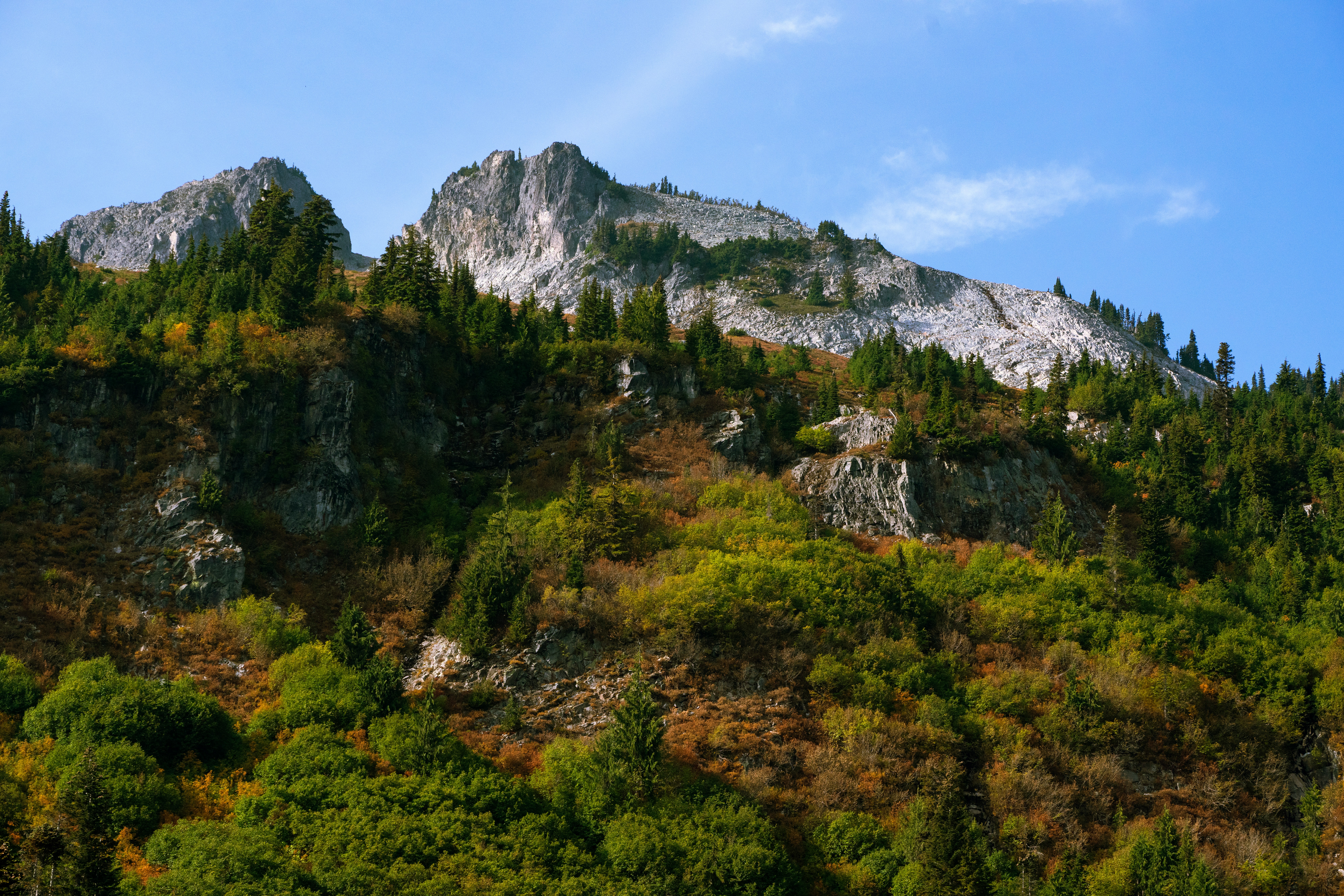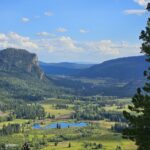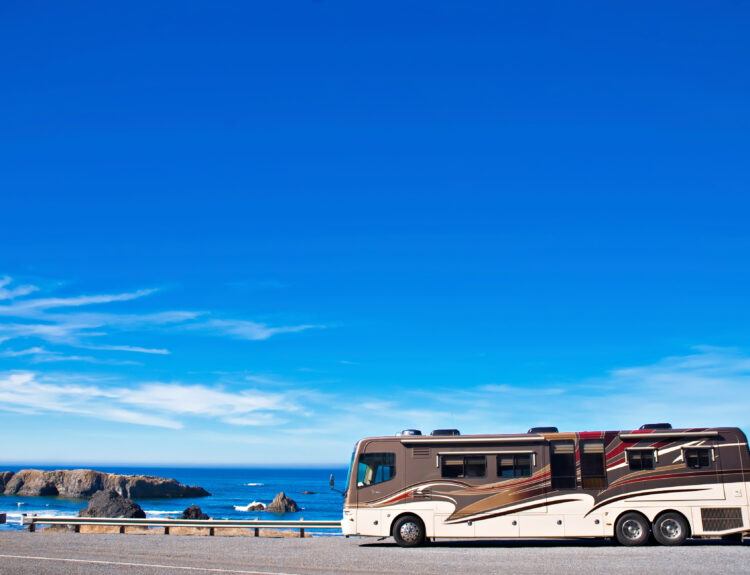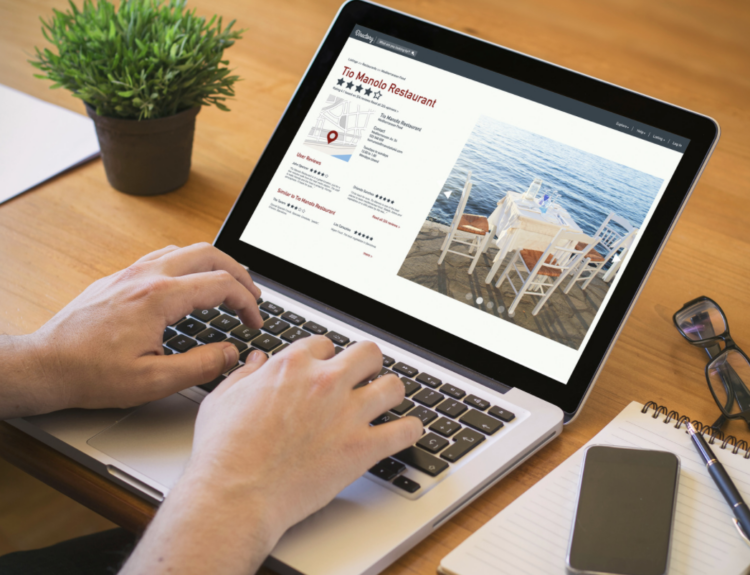The Pacific Northwest is renowned for its lush landscapes, diverse ecosystems, and vibrant outdoor culture. This region, encompassing Washington, Oregon, and parts of British Columbia, offers a plethora of opportunities for campground and RV park owners.
Camping has always been a beloved American pastime, but in recent years, it has seen a significant surge in its popularity, which is expected to continue. People are increasingly seeking ways to disconnect from their hectic lives and reconnect with nature. The Pacific Northwest, with its stunning vistas and outdoor opportunities, stands out as a premier destination.
In this article, we will delve into what makes this region so attractive to campers, provide an overview of the camping industry, share insights for campground owners, and offer effective marketing and advertising strategies tailored to this unique market.
What Makes the Pacific Northwest Attractive for Campers?
The allure of the Pacific Northwest lies in its unparalleled natural beauty and diverse landscapes, which offer a myriad of outdoor adventures for campers. From the dramatic coastlines to the majestic mountain ranges, this region captivates visitors with its scenic vistas and outdoor recreation opportunities.
Here are some key factors that make the Pacific Northwest a camper’s paradise:
Diverse Landscapes
The Pacific Northwest boasts an incredible variety of landscapes. Campers can explore dense forests, serene lakes, volcanic peaks, and pristine beaches. This diversity means that campers of all interests can find something to enjoy, whether it’s hiking in the mountains, fishing in the lakes, or relaxing by the ocean. The opportunity to experience such a wide range of natural beauty in one region is unparalleled.
Mild Climate
The temperate climate of the Pacific Northwest allows for year-round camping. Summers are cooler and more comfortable compared to other regions, while winters are milder, making it possible to camp throughout the year. This climate makes it an ideal destination for those looking to escape the extreme temperatures found elsewhere.
Rich Biodiversity
The region is home to a variety of wildlife, including iconic species like the bald eagle, orca, and salmon. The opportunity to see such wildlife in their natural habitats adds an extra layer of excitement for campers.
Birdwatching, whale watching, and fishing are popular activities that attract wildlife enthusiasts from all over. The region’s commitment to conservation and natural preservation ensures that these experiences remain available for future generations.
Outdoor Activities
Popular activities include hiking, fishing, kayaking, and wildlife watching. The region’s national and state parks provide well-maintained trails and facilities, making it easy for campers to engage in these activities.
Additionally, the Pacific Northwest offers numerous guided tours and adventure services, enhancing the camping experience. Whether campers are looking for challenging hikes, leisurely paddles, or scenic drives, they can find it all here.
Cultural Attractions
Cities like Seattle and Portland offer cultural and culinary experiences that complement the outdoor adventures. Campers can enjoy a blend of nature and urban exploration, making the Pacific Northwest a versatile destination.
Visitors can spend their days exploring nature and their evenings indulging in gourmet food, live music, and unique shopping experiences. The region’s rich history and vibrant arts scene add to its appeal, providing a well-rounded experience for visitors.

Overview of the Camping Industry in the Pacific Northwest
The camping industry in the Pacific Northwest is thriving, driven by both local and visiting outdoor enthusiasts. The region’s diverse camping options, ranging from rustic tent sites to luxurious glamping resorts, cater to a wide range of preferences and budgets. Here are some key points that define the camping industry in the Pacific Northwest:
Market Size and Growth
The Pacific Northwest has seen steady growth in camping participation, with more people seeking nature escapes and unique experiences. The number of campers in the region has increased significantly over the past decade, reflecting a broader national trend towards outdoor recreation. This growth is fueled by a rising interest in wellness, outdoor activities, and the appeal of sustainable travel.
Campground Types
There is a diverse range of campground options in the Pacific Northwest, from rustic tent sites and remote backcountry spots to fully-equipped RV parks and luxurious glamping resorts. Traditional campgrounds offer a more rugged experience, while glamping sites provide luxury and comfort, appealing to a broader audience. RV parks are particularly popular, offering convenient amenities for long-term stays and road trips.
Economic Impact
The camping industry significantly contributes to the local economy, supporting jobs and businesses in hospitality, retail marketing, and outdoor services. Campgrounds often collaborate with local vendors and tour operators, creating a symbiotic relationship that benefits the entire community.
The influx of campers boosts local economies by increasing spending on lodging, dining, recreational activities, and other services. Seasonal events and festivals also attract visitors, further driving economic growth.
Environmental Stewardship
The Pacific Northwest is known for its strong environmental ethic, and many campgrounds in the region prioritize sustainability. This includes initiatives such as recycling programs, water conservation measures, and efforts to minimize the ecological footprint of camping activities.
Campgrounds often participate in environmental education programs, teaching campers about local ecosystems and conservation practices. Sustainable tourism practices not only protect the environment but also enhance the appeal of campgrounds to eco-conscious travelers.
Understanding these dynamics can help campground owners position their businesses effectively and tap into the growing demand for camping in the Pacific Northwest.
Insights from Campground Owners in the Pacific Northwest
Running a successful campground in the Pacific Northwest requires more than just a beautiful location. It involves understanding camper needs, staying ahead of industry trends, and continuously improving the camping experience. Here are some essential insights from experienced campground owners that can help you achieve success in this thriving market:
Emphasizing Unique Selling Points
Owners should highlight the unique features of their campgrounds. This could be anything from stunning views and access to popular hiking trails to unique amenities like hot tubs, farm-to-table dining experiences, or eco-friendly facilities. By showcasing these unique aspects, campgrounds can differentiate themselves from competitors and attract campers looking for specific experiences.
Building Strong Community Ties

Many successful campgrounds have built strong relationships with their local communities. This includes collaborating with local businesses, participating in community events, and supporting local conservation efforts. These ties not only enhance the campground’s reputation but also create valuable networking opportunities.
Offering Exceptional Customer Service
Providing outstanding customer service is crucial. This includes being responsive to inquiries, offering personalized recommendations, and ensuring that facilities are well-maintained. Positive reviews and word-of-mouth referrals are powerful tools in attracting new campers.
Adapting to Changing Trends
Staying abreast of industry trends and adapting accordingly is essential. For example, there is a growing interest in glamping and eco-tourism. Campgrounds that offer unique, high-quality experiences in these areas can attract a broader audience.
Utilizing Technology
Most campgrounds have embraced technology to enhance their operations. This includes using booking platforms to streamline reservations, implementing contactless check-in processes, and leveraging social media for marketing. These technological tools can improve efficiency and enhance the camper experience.
Focus on Sustainability
Sustainability is a significant focus for many campground owners in the Pacific Northwest. This includes practices such as using renewable energy sources, reducing waste, and promoting eco-friendly activities. Campers increasingly value environmentally responsible businesses, making sustainability a competitive advantage.
By learning from these successful owners, you can implement similar strategies to enhance your campground’s appeal and operational efficiency.
Marketing and Advertising Strategies for Campground Owners in the Pacific Northwest
Effective marketing and advertising strategies are crucial for attracting campers and standing out in the competitive Pacific Northwest market. Here, we will explore various strategies that can help campground owners boost their visibility, engage potential campers, and ultimately increase bookings.
Social Media Marketing
Social media platforms like Instagram, Facebook, and Twitter are powerful tools for reaching a wide audience. Use these platforms to post regularly about your campground’s features, events, and special offers. Share high-quality images and videos that showcase the beauty of your campground and the activities available to campers. Engaging content can attract new followers and potential campers.
Encourage user-generated content by creating hashtags related to your campground and asking campers to share their experiences. Reposting camper photos and testimonials can build a sense of community and authenticity around your brand.
Additionally, consider using social media advertising to target specific demographics and geographic locations. Platforms like Facebook and Instagram allow you to create highly targeted ads that can reach potential campers based on their interests, behaviors, and location.
Email Marketing
Email marketing is a cost-effective way to keep past campers engaged and informed about upcoming events, promotions, and news. Build an email list by collecting email addresses through your website, social media, and in-person interactions at your campground. Send regular newsletters that include updates about your campground, special offers, and travel tips.
Personalize your email communications to make them more effective. Use the recipient’s name and tailor the content to their interests. Segmenting your email list based on camper preferences can help you send more relevant and engaging content.
Partnerships and Collaborations
Collaborating with local businesses, tourism boards, and outdoor adventure companies can help increase your visibility and attract more campers. You can provide your campers with unique experiences, while the tour company gains access to a new audience.
Additionally, consider collaborating with local restaurants, shops, and attractions to offer discounts or special deals to your campers. These partnerships can enhance the overall camping experience and encourage campers to explore the local area. Working with tourism boards can also help you reach a broader audience through their marketing efforts.
Hosting Events and Activities
Hosting events and activities at your campground can attract a diverse group of campers. Consider organizing music festivals, yoga retreats, outdoor workshops, and family-friendly activities. These events can be promoted through your website, social media channels, and local media outlets.
Offering unique experiences can set your campground apart from competitors and create memorable moments for your campers. Additionally, events can encourage repeat visits and word-of-mouth referrals. Promote your events well in advance and provide detailed information about what campers can expect.
Paid Advertising
Investing in paid advertising can help you reach a targeted audience and increase your bookings. Platforms like Google AdWords and social media ads allow you to create highly targeted campaigns that reach potential campers based on their interests, behaviors, and location.
Leveraging Online Presence
A strong online presence is essential for modern businesses, and campgrounds are no exception. Start by creating a well-designed website that provides detailed information about your campground, high-quality photos, and an easy-to-use booking system.
Search engine optimization (SEO) is crucial to ensure that your campground appears in search results when potential campers are looking for places to stay. Utilize relevant keywords, such as “Pacific Northwest camping,” “campgrounds in Oregon,” and “RV parks in Washington,” to improve your website’s ranking.
In addition to SEO, regularly updating your content can help keep your website fresh and engaging while also improving your search engine rankings.
To help RV parks create high-quality websites, Roverpass created a solution called Premium Website Builder. Our skilled team of writers, designers, and developers possesses the expertise needed to fully optimize RV park websites. By doing so, we aim to increase traffic, generate more leads, and maximize revenue.
Additionally, the premium website can be directly integrated with our campground reservation software, effectively serving as your 24/7 sales team.
Frequently Asked Questions
What are the best times of the year to camp in the Pacific Northwest?
The best times to camp in the Pacific Northwest are late spring through early fall. During these months, the weather is mild, and outdoor activities are abundant. While summer offers the warmest temperatures, early autumn brings fewer crowds and vibrant fall foliage, enhancing the camping experience.
What amenities should I offer to attract more campers?
To attract more campers, offer amenities like clean restrooms, hot showers, and Wi-Fi. Additionally, providing picnic areas, fire pits, and recreational facilities such as hiking trails, fishing spots, and playgrounds can enhance the camping experience and meet the diverse needs of your guests.
How can I promote my campground online?
Promote your campground online by maintaining an updated website with high-quality photos and clear information. Engage with potential campers on social media, encourage positive online reviews, and use SEO strategies to improve search engine rankings. Email marketing and partnerships with local businesses can also boost visibility.
What are some eco-friendly practices I can implement at my campground?
Implement eco-friendly practices by offering recycling programs, using renewable energy sources, and conserving water. Provide eco-friendly activities such as guided nature walks and educational workshops on local wildlife and sustainability. These initiatives can attract environmentally conscious campers and enhance your campground’s reputation.
How can I improve customer service at my campground?
Improve customer service by being responsive to inquiries, offering clear and accurate information, and maintaining clean and well-equipped facilities. Providing personalized recommendations and assistance, and ensuring a friendly and welcoming atmosphere, will help create positive experiences and encourage repeat visits.
For more tips and insights on growing your campground business, keep reading our blog.




